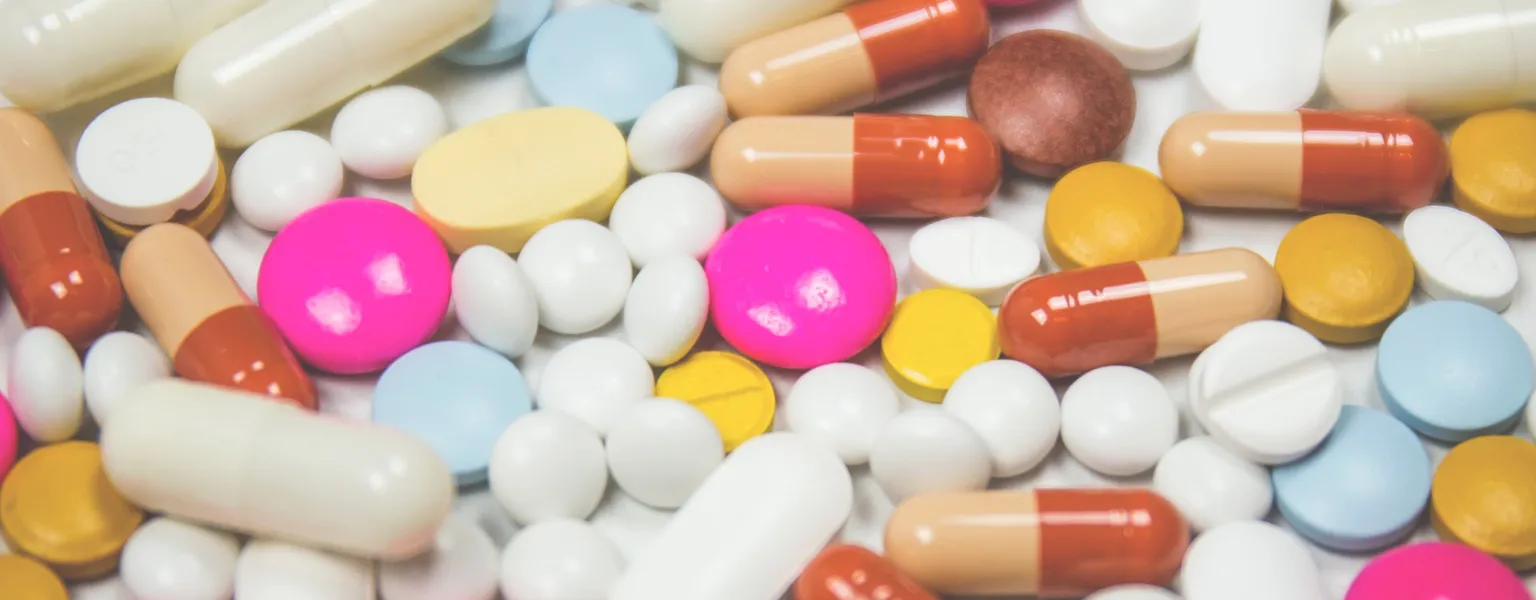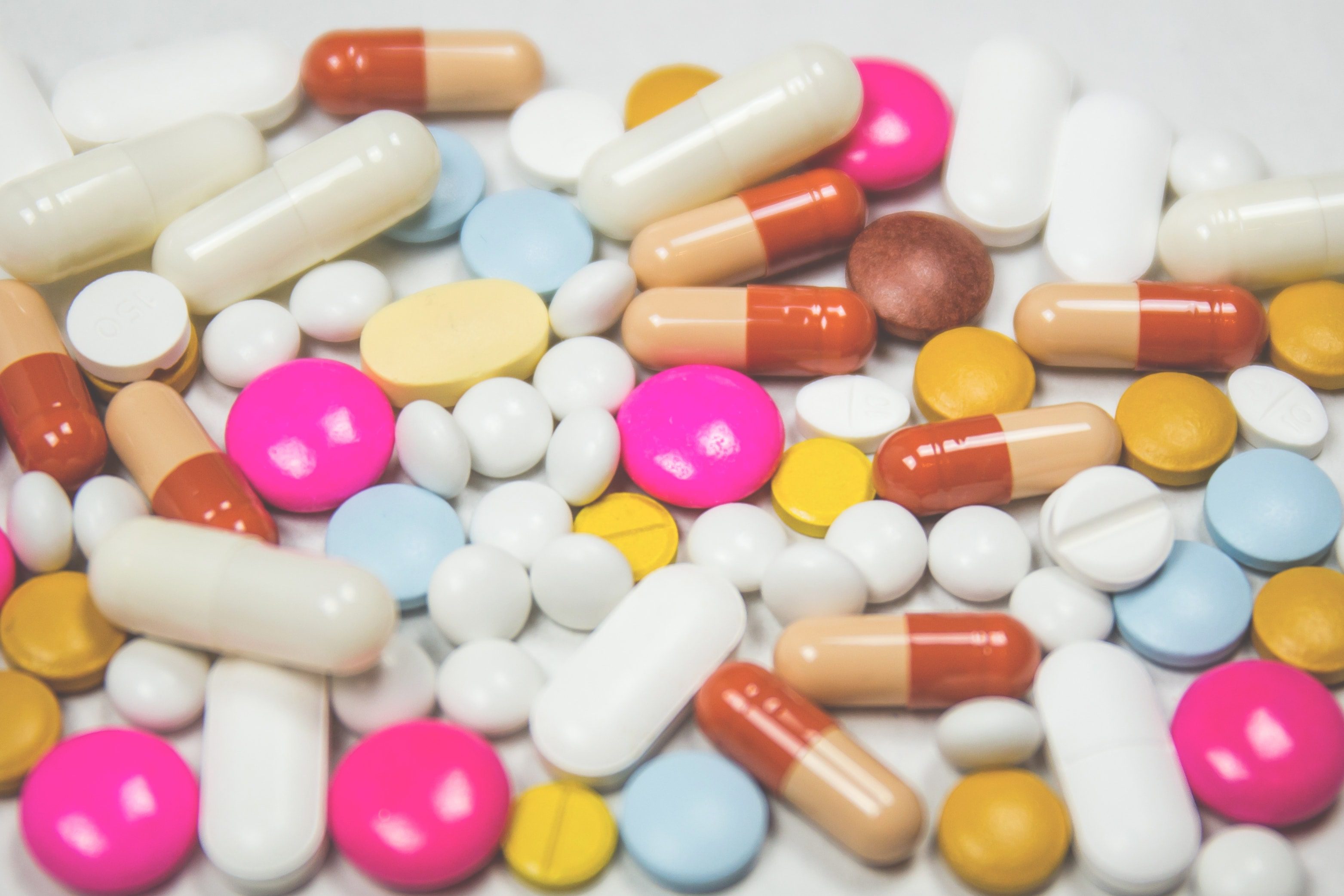Plastic waste turned into paracetamol using engineered bacteria

Sustainability
A team of scientists has developed a novel process that uses genetically modified bacteria to convert plastic waste into paracetamol, presenting a potentially more sustainable alternative to conventional pharmaceutical production.
The research, led by the Wallace Lab at the University of Edinburgh, demonstrated that a harmless strain of E. coli can be genetically reprogrammed to synthesise paracetamol—also known as acetaminophen—using a substance derived from recycled plastic bottles.

Specifically, the bacteria were able to convert terephthalic acid, a chemical obtained from polyethylene terephthalate (PET), into the pain-relieving drug. The conversion took place through a fermentation process similar to beer brewing and was completed in under 24 hours. Importantly, the method operated at room temperature and generated minimal carbon emissions.
Paracetamol is currently manufactured using ingredients sourced from finite fossil fuels, such as crude oil, which require energy-intensive processes and contribute to greenhouse gas emissions. The new approach, by contrast, could offer a lower-impact route to producing the widely used medication.
Researchers emphasise that while the method has shown promise in the lab, further optimisation is necessary before it can be scaled for commercial pharmaceutical production. Nevertheless, the development points to new opportunities in the circular economy, where post-consumer plastic waste is repurposed into valuable chemical and pharmaceutical products.
Professor Stephen Wallace, UKRI Future Leaders Fellow and Chair of Chemical Biotechnology, said: This work demonstrates that PET plastic isn't just waste or a material destined to become more plastic – it can be transformed by microorganisms into valuable new products, including those with potential for treating disease.
The work adds to a growing field of bioengineering innovations focused on reducing the environmental impact of industrial manufacturing by integrating waste conversion and biotechnology.
Related News
-
Sustainability
UK town council introduces blister pack recycling initiative
-
Business
Ocean bound plastics deemed unsuitable for food contact by UK regulators
-
Technology
'Breakthrough' innovation converts flexible films into food-grade packaging
-
Sustainability
Boots rolls out blister pack recycling scheme across the UK
-
Sustainability
Australian pharmacy initiative diverts 3 million blister packs from landfill




